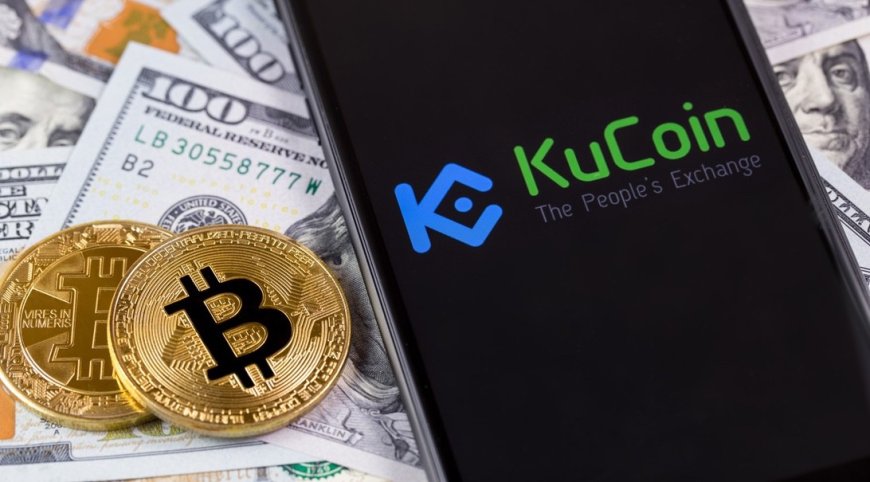The KuCoin cryptocurrency exchange has experienced a significant wave of Bitcoin outflows following the introduction of mandatory KYC (Know Your Customer) regulations on June 28, 2023.
According to data from CryptoQuant, the exchange’s Bitcoin reserves plummeted by 77.6%, dropping from 18,300 BTC to just 4,100 BTC—a net outflow of 14,200 BTC. This mass exodus of users is a direct response to stricter regulations, which are part of a global push for anti-money laundering (AML) compliance affecting an increasing number of crypto exchanges.
KuCoin’s KYC policy is not an isolated case: regulatory pressure is growing worldwide. For instance, in 2022, the United States banned crypto mixing services like Tornado Cash over money laundering concerns. Similarly, China’s 2021 ban on crypto trading drove users toward decentralized alternatives, and now we’re seeing the same pattern with KuCoin. For many users, the introduction of KYC requirements represents a loss of privacy, prompting them to turn to non-KYC platforms, such as decentralized exchanges like dYdX, which have seen a surge in popularity following such regulatory shifts.

The decline in KuCoin’s reserves doesn’t just signal a loss of trust—it also raises practical concerns. Low reserves can lead to liquidity issues and fuel speculation about the exchange’s solvency. However, KuCoin responded to the claims on May 6, 2025, refuting CryptoQuant’s data. The exchange called the figures misleading and pointed to their official Proof of Reserves, which claims a 1:1 asset backing verified through third-party audits. This raises questions about the accuracy of on-chain analytics and how much they can be relied upon in such cases.
These events highlight a broader dilemma in the crypto market: complying with regulations may enhance security, but for many users, privacy and decentralization are paramount. Non-KYC exchanges often provide access to newer crypto assets unavailable on regulated platforms, making them a more attractive alternative. The KuCoin case serves as a reminder for investors to carefully evaluate their chosen platforms and consider using cold wallets to minimize risks. The exchange’s next steps will be crucial in determining whether user trust can be restored or if the outflows will continue.


 Magyar
Magyar  čeština
čeština  Polski
Polski  Slovenčina
Slovenčina 







